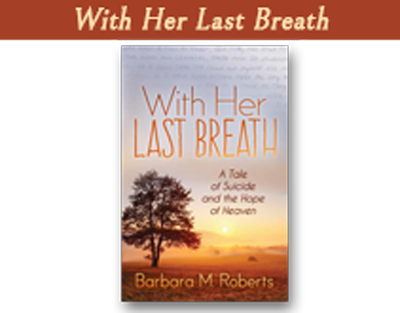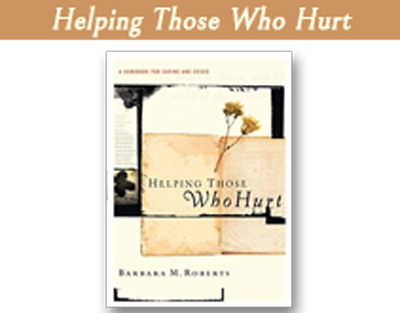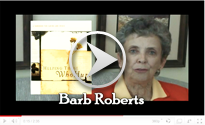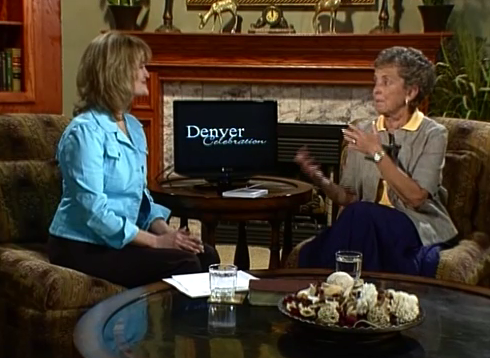Contentment
 Barb Roberts |
Barb Roberts |  Monday, September 12, 2011 at 12:52PM
Monday, September 12, 2011 at 12:52PM Are you content? What a loaded question. If you are like me, your answer might be something like …”sometimes, with certain things, at certain times, most of the time, not right now, I was last month…” all over the board! Recently while on a wonderful, beautiful, restful vacation I spent some time looking out upon a lovely setting, pondering the subject of ‘contentment.’ It was easy to be content in my ‘setting,’ but even in that idyllic moment, I found myself struggling with a couple of things. Go figure!
I realize that Jesus calls us to be content – in fact, here are some phrases from the Bible that talk about the issue of contentment: “…for I have learned the secret of being content in any and every situation; --- but if we have food and clothing, we will be content with that; --- be content with what you have because God has said, never, ever will I leave you, never will I forsake you.”
How do I learn the ‘secret of being content?’ Sometimes in trying to get to the heart of a matter, it helps to discover what it is NOT! The key to contentment is definitely NOT found in having an abundance – ‘if I have enough, then I’ll be content.’ What is enough after all? My measuring stick of enough is very likely different from yours – whether in things or in relationships. The secret rather has to do with our focus or preoccupation. Contentment is a necessary, learned act of obedience. To learn to be content can help us through many life difficulties … whether our struggle is financial or relational, emotional or spiritual. Contentment is a growth journey, one that I cannot do on my own. God has promised to strengthen me, empower me, help me learn to appreciate what I have.
For some, the issue of struggle involves not having what someone else has (and wishing you did) – the right kind of vacation, the right kind of car, the right kind of house, the money to shop whenever, wherever, the right kind of retirement, better health, the right kind of college for your children. For others, the issue involves relationships – wishing that you had the kind of relationship with your spouse, your daughter, your mother or your friend that someone else has with their spouse, or daughter or relative or friend – or the issues may concern our health or our career, our education, or our mental prowess.
So – how do we ‘get there from here?’ When we struggle, when we are discontent, what does it take to ‘get it’ – to really learn the secret? Some have a more difficult journey than others and take two steps forward and three back. Perhaps all of us have a more difficult time in some areas than others. Take some time to think through your weaker areas.
In trying to develop a heart that is content, does it sound too simplistic to practice the act of thankfulness? “Lord, I may not have what she has, but thank you for what you have given to me. Because you know me better than I know myself, you know what I need, you know what I have and you really, really love me. That is enough! You are enough!”
I’m not there yet – but I’m on the journey – learning to be content - maybe that is enough for now!











